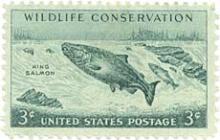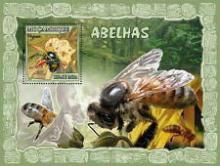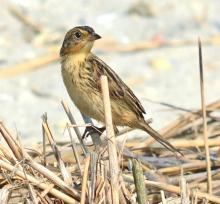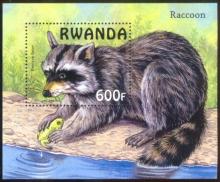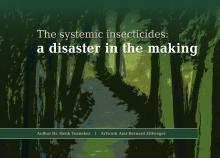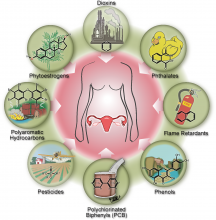Tanzania: Fishing On Lake Victoria Suspended
- Read more about Tanzania: Fishing On Lake Victoria Suspended
- Log in to post comments
The government has suspended fishing on Lake Victoria amid fresh concerns over dwindling stock. Mara regional commissioner Magesa Mulongo told Murangi villagers the suspension will be in place from July to October this year. He said: "We are left with no other option but to suspend fishing activities on the Lake; anyone caught fishing will be punished," said Mr Mulongo. The RC said fishermen should find other income-generating activities to support their families over the two month suspension. There have been concerns over the sharp decline in stocks in Lake Victoria.


